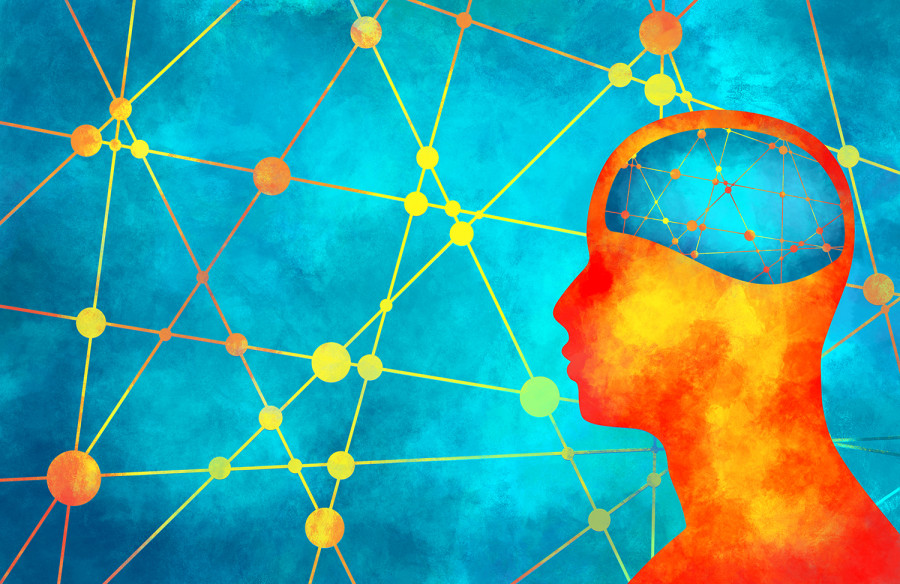Editorial
All in the mind
Mental health services must be made a major part of healthcare.
While mental health is the most treasured aspect of our humanity, it is also something that we barely talk about. There is still an entrenched taboo that surrounds conversations regarding mental illness where talking less about it is the most prescribed. Suicide is also a big problem in the country. But many seldom talk about it too. That mentality is only doing more harm than good.
Mental illnesses include many disorders such as schizophrenia, psychosis, bipolar disorder, post-traumatic stress disorder, eating disorders such as anorexia and bulimia, anxiety, depression and so on. Data from the World Health Organisation shows that mental illness accounts for 13 percent of the world’s disease burden—a figure that is estimated to rise to nearly 15 percent by 2030. Closer to home, according to the National Mental Health Survey, 2.2 million Nepalis aged between 16 and 40 years suffer from some form of mental illness. Despite mental health emerging as a health priority, the government allocated only 4.29 percent of its total budget to the ‘health and population’ category for the fiscal year 2018-19.
In many countries of the world, including Nepal, there is little or no support for people with mental disorders. Nepal’s mental health policy, formulated in 1996, mentions the need to provide treatment and cures, but offers only one solution: community-based rehabilitation. This is not nearly enough to tackle the complexity and enormity of the mental health problem. The social stigma surrounding mental health, lack of mental health infrastructure, and insufficient human and material resources for mental health services are severe constraints.
Approximately 30 percent of Nepalis are suffering from psychiatric problems, and over 90 percent have no access to treatment, according to the Health Research and Social Development Forum. And a paltry 2 percent of medical and nursing training is dedicated to mental health. These statistics paint a dismal picture. There is also a severe shortage of trained professionals like psychologists and psychiatrists to deal with mental health, especially in rural areas. According to estimates, there are an estimated 130 psychiatrists in the country, with less than 30 working in government hospitals.
Sound mental health is a means of facilitating sustainable socio-economic development, or in other words, attaining ‘sambriddhi’. Given this, it goes without saying that mental health services must be scaled up as a fundamental component of healthcare. For starters, strengthening healthcare infrastructure like building more hospitals that deal with mental disorders and investing in psychiatrists could be done. Similarly, barriers to mental health, such as the effect of stigmatising the issue must be adequately addressed. What’s more, policymakers must intervene and prioritise this issue by leading efforts to tackle the problem head-on.
***
What do you think?
Dear reader, we’d like to hear from you. We regularly publish letters to the editor on contemporary issues or direct responses to something the Post has recently published. Please send your letters to [email protected] with "Letter to the Editor" in the subject line. Please include your name, location, and a contact address so one of our editors can reach out to you.




 9.89°C Kathmandu
9.89°C Kathmandu














